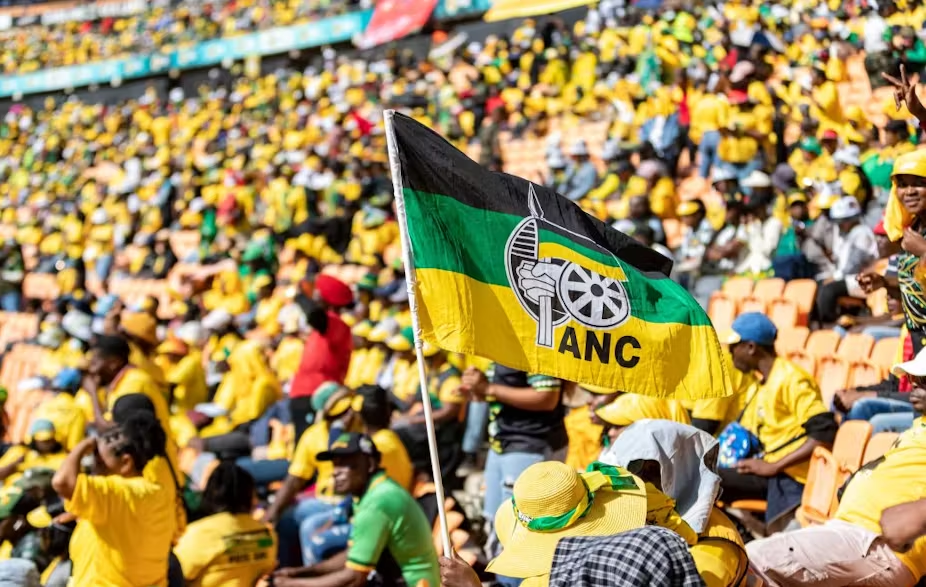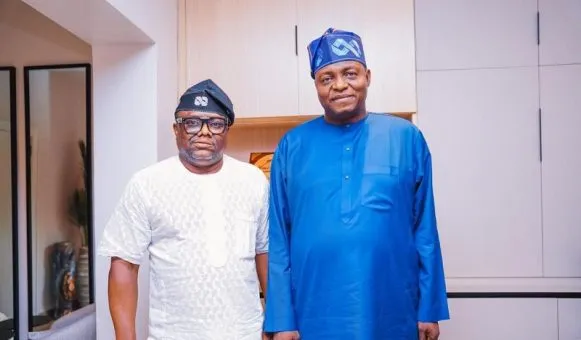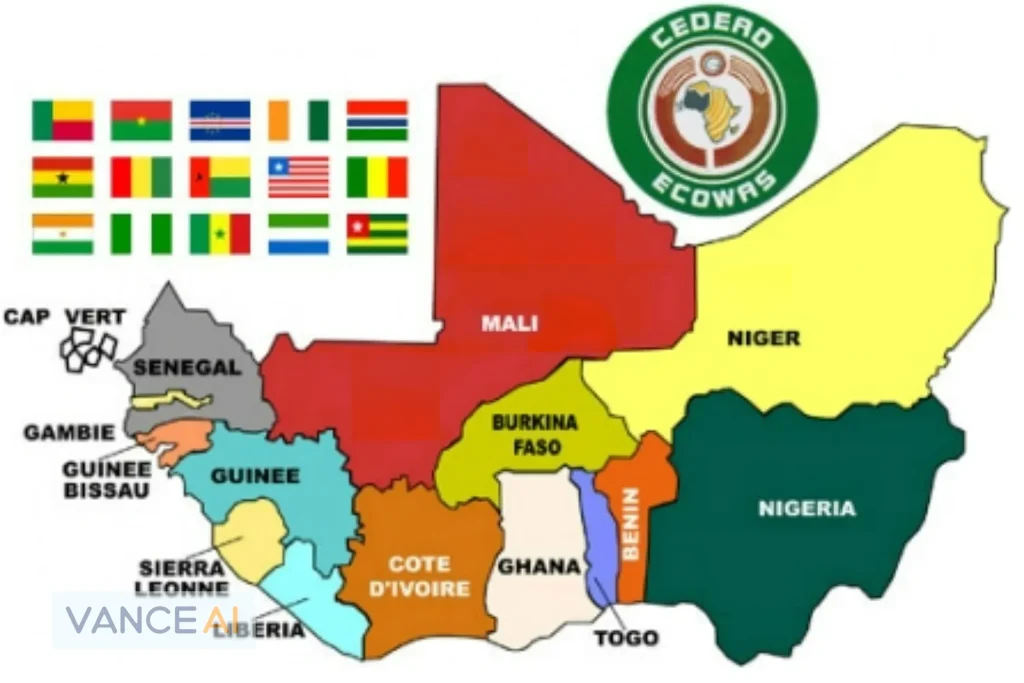South Africa’s political scene is facing its most severe test since the end of apartheid. The African National Congress (ANC), which has governed the country since 1994, is grappling with internal divisions, widespread corruption scandals, and a declining economy. With local elections looming and national elections on the horizon, many South Africans are asking: can the ANC survive, or is the country on the brink of a political realignment?
The ANC’s dominance in South African politics is no longer guaranteed. Widespread corruption within the party, exemplified by the ongoing Zondo Commission into state capture, has severely damaged its credibility. Public trust in the government is at an all-time low, and recent protests against poor service delivery, unemployment, and energy crises, like load-shedding, have exposed the depth of frustration among ordinary South Africans.
The country’s opposition parties, particularly the Democratic Alliance (DA) and the Economic Freedom Fighters (EFF), are gaining momentum. The DA presents itself as a more business-friendly alternative, focusing on restoring economic stability, while the EFF advocates for radical land reform and wealth redistribution. Both parties are benefiting from the ANC’s decline, but neither has yet to establish itself as a viable alternative on a national level.
Complicating the political landscape is the ANC’s internal strife. Factionalism within the party, particularly between President Cyril Ramaphosa’s reformist camp and those loyal to former president Jacob Zuma, has created a paralyzed government unable to address the country’s mounting problems effectively. Ramaphosa’s efforts to clean up the ANC and implement reforms have been met with resistance, and the party’s infighting is threatening its ability to govern.
Conclusion:
South Africa stands at a political crossroads. If the ANC cannot reform itself and restore public trust, it may lose its political dominance. Whether opposition parties can capitalize on this moment and offer a credible alternative will determine the country’s political future in the coming years.























